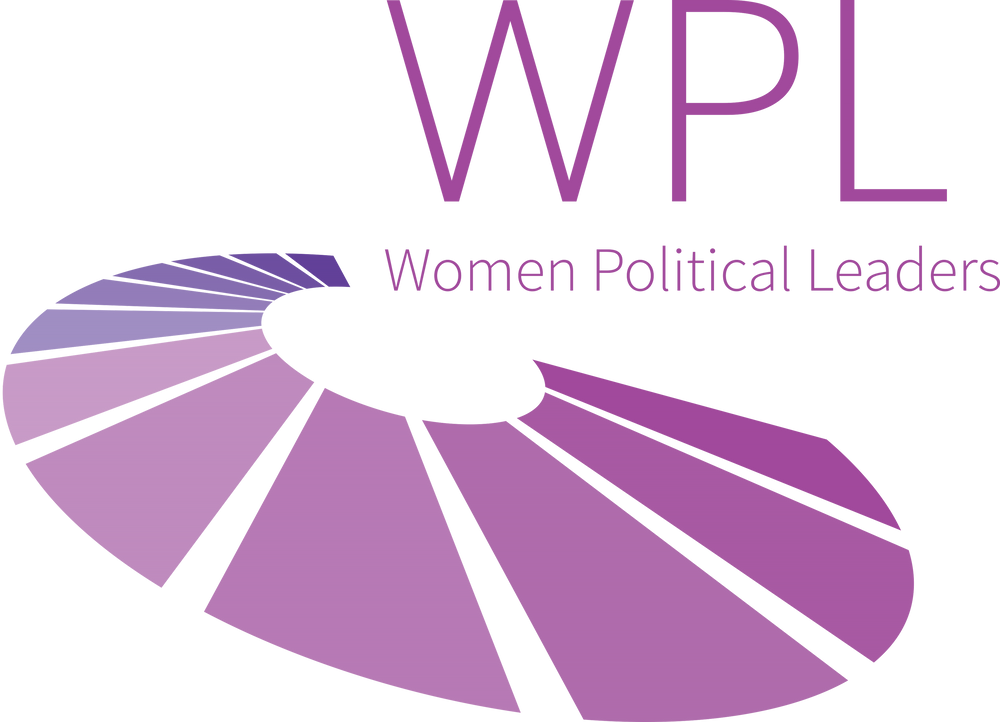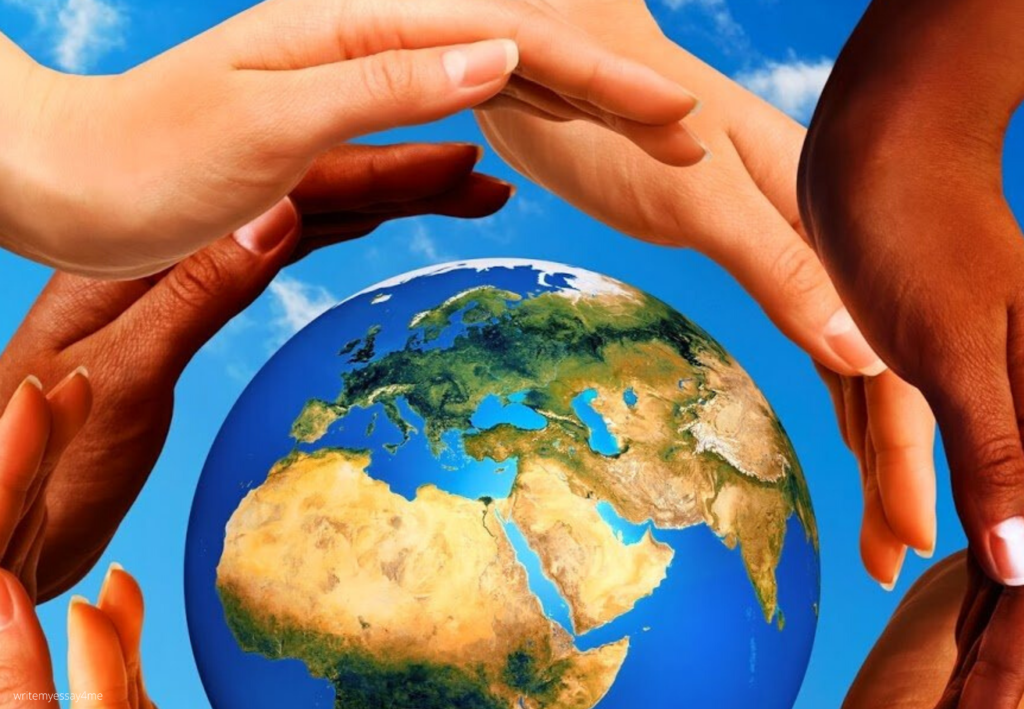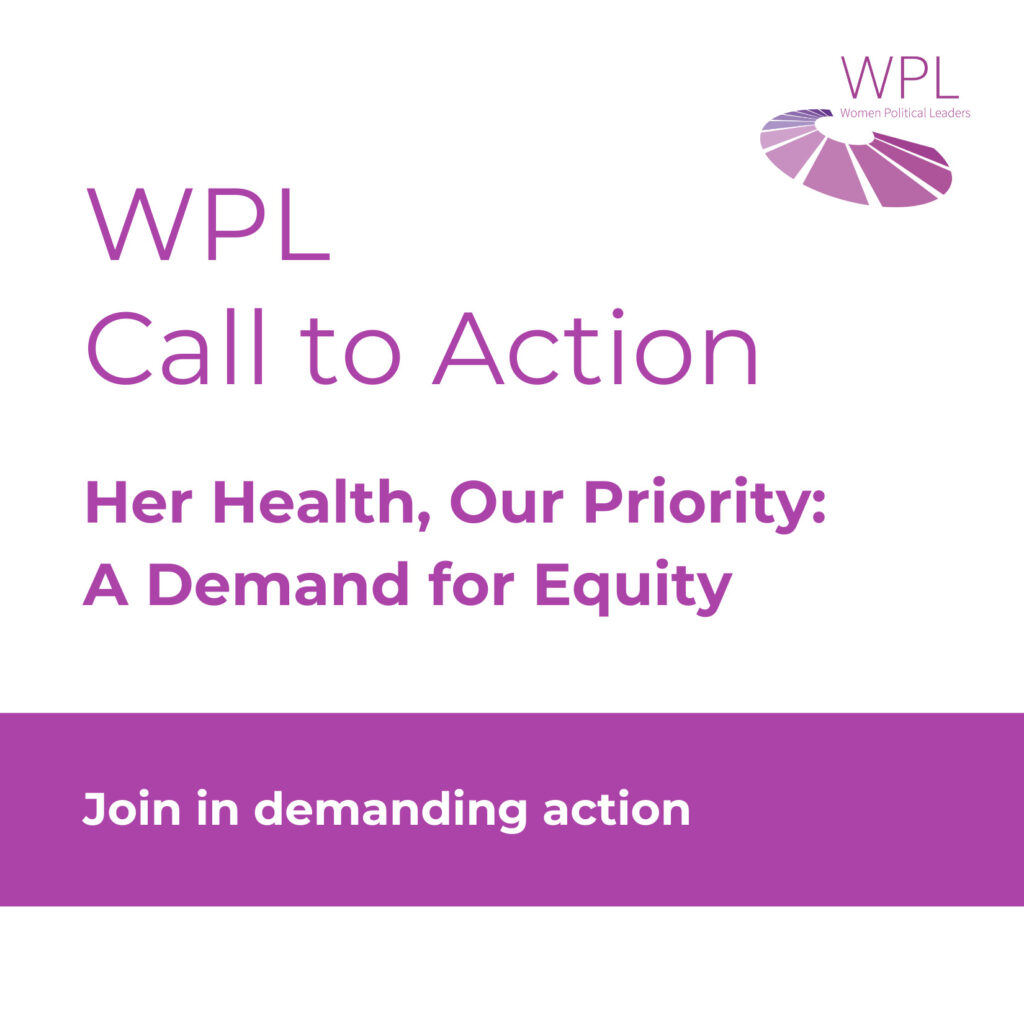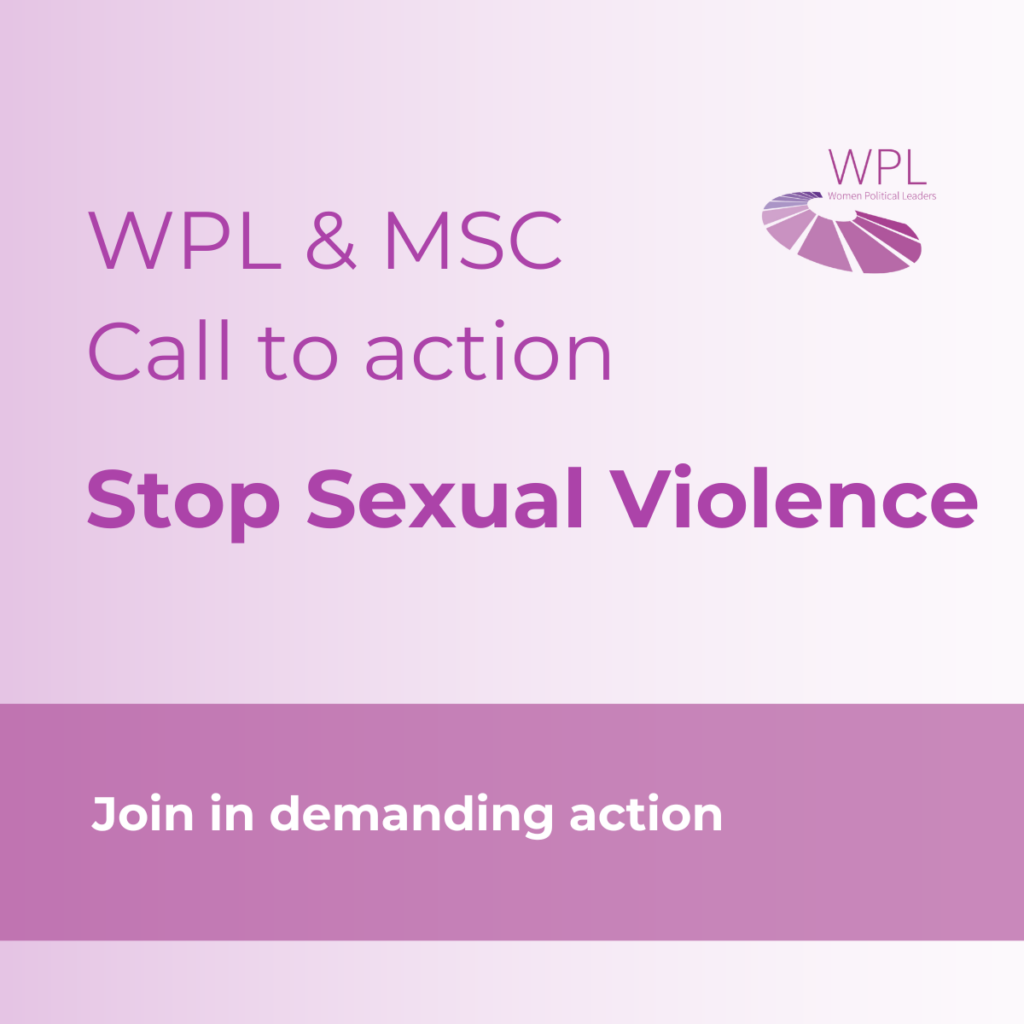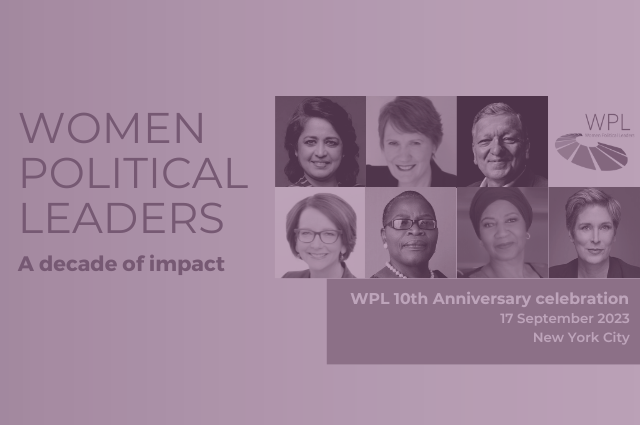On April 24th, the global community commemorates the second annual International Day of Multilateralism and Diplomacy for Peace.
2020 marks countless transformative anniversaries for peacebuilding, the advancement of women’s equality, and sustainable development, including the 20th anniversary of the United Nations Security Council Resolution 1325 on women, peace, and security.
In light of the current threats posed by the COVID-19 pandemic, as well as resurgent tides of populism worldwide, this day has the power to help rewrite an increasingly critical narrative of multilateralism and cooperative action.
Multilateral initiatives have played a pivotal role in crafting peaceful solutions, promoting sustainable development, championing climate change efforts, and establishing women’s rights as a global priority. The ongoing crisis serves as a stark reminder: we cannot take multilateral action for granted.
In an effort to turn the disruptive potential of COVID-19 into a positive one, WPL asked experienced women leaders in peacebuilding, politics, and academia to come together in the spirit of the International Day of Multilateralism and Diplomacy for Peace to contribute their insight on how to move forward constructively regarding global peacekeeping, sustainable development and women’s equality in an era of contagion.
Thanks to these women who were ready for the call to action. In her contribution, Melanne Verveer, Director of the Georgetown Institute for Peace and Security, adroitly identifies concrete areas for action and the need for a new peace and security agenda, where women are at the forefront of every response.
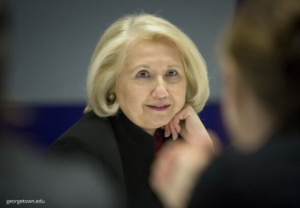
Susana Malcorra, Dean of the IE School of Global and Public Affairs, describes the unbridled opportunities that the “digital fast forward,” set in motion by the current pandemic, offers for inclusive multilateral action, namely ensuring that a diverse set of stakeholders is always at the table via the use of virtual communication.
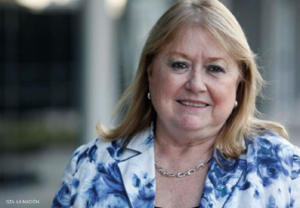
Irina Bokova, the 9th Director General of UNESCO (2009-2017), highlights the need to address the underlying weaknesses of multilateral structures, which have been ignored for too long because the international community assumes that globalisation and multilateralism go hand in hand.
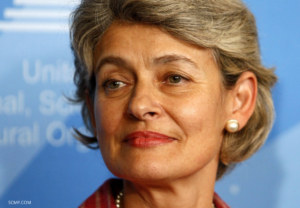
Helen Clark, Chair of WPL Board, Prime Minister of New Zealand (1999-2008, and Administrator United Nations Development Programme (2009-2017), and Silvana Koch-Mehrin, WPL President and Founder also seek to underscore the symbiotic relationship between multilateralism and the advancement of women’s rights.
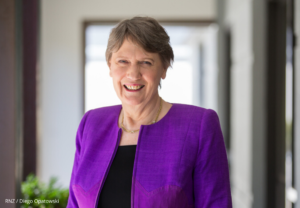
Together, these women are leading the charge to restore faith in multilateral efforts and the work of organisations like the UN. But they cannot do it alone. They require each and every leader to stand up for multilateralism and all of the essential developments it has ushered into global society over the past 75 years.
Ignoring multilateralism means ignoring women
Helen Clark, Chair of WPL Board, Prime Minister of New Zealand (1999-2008, and Administrator United Nations Development Programme (2009-2017), is no stranger to building multilateral coalitions.
“The multilateral system has been critical in establishing women’s rights and gender equality as a global norm. Anything that undermines the multilateral system has a negative impact on women and on their position in society. The multilateral system with its treaties, conventions, declarations, commissions, and organisations is a critical voice for women’s rights.”
Standard Practice: Why women must be included at all levels of peace and security leadership
By: Ambassador Melanne Verveer, Director of the Georgetown Institute for Women, Peace and Security
“The world is in desperate need of effective multilateralism and cooperation across borders. Nothing demonstrates this more than the grave crisis created by Covid-19 and the lack of a coordinated response to the threat to human life, the global economy, and peace and security that it represents. … Effective multilateralism must also recognize and address violence against women as a serious violation of human rights and threat to peace and security. …. Women’s participation in multilateral decision-making and in peace processes must become standard practice. If we are to seize this moment of global crisis to spur a more effective and responsive multilateralism, it must be inclusive of women’s leadership in peace and security.“
A Year for Celebration, Strength, Vigilance
By: Susana Malcorra, Dean of IE School of Global and Public Affairs
“The coronavirus has brought about a digital fast forward and has forced us to realize and adapt to the fact that there are many ways to mingle beyond the corridors of the United Nations. …There is great opportunity in this “liquid reality,” in which virtual access could further democratize conversations regarding how to transform key decisions of the past into operational certainties of the present. It is possible to envision a stronger participatory model for women all over the world, one that brings forth voices that keep the global agenda moving forward.”
Measuring Achievements: testing multilateralism relationship with globalisation and the strength to uphold women’s rights
By: Irina Bokova, 9th Director General of UNESCO (2009-2017)
“One would think that globalization will be strengthening multilateralism, but the reality is just the opposite. Instead, what we see is an increasing political fragmentation and an attempt to go back behind national borders to seek solutions. The Covid-19 crisis shows us that when we need multilateralism most, it is withdrawing from the global scene. The Covid-19 crisis therefore brought to light the powerlessness of multilateralism where the very characteristics of this pandemic called for enhanced international cooperation.”
2020: A year for advancing women’s leadership
Silvana Koch-Mehrin, WPL Founder and President
“This is the common thread running through all effective political answers in these turbulent times: women’s leadership and increased equality. Against the evident advantages for all of society, women continue to be excluded from decision-making processes, worldwide. WPL’s Reykjavik Index for Leadership shows that false prejudices prevail. Rebuilding a world order, based on trust and mutual respect, needs women leaders at the very heart of all multilateral efforts.”
